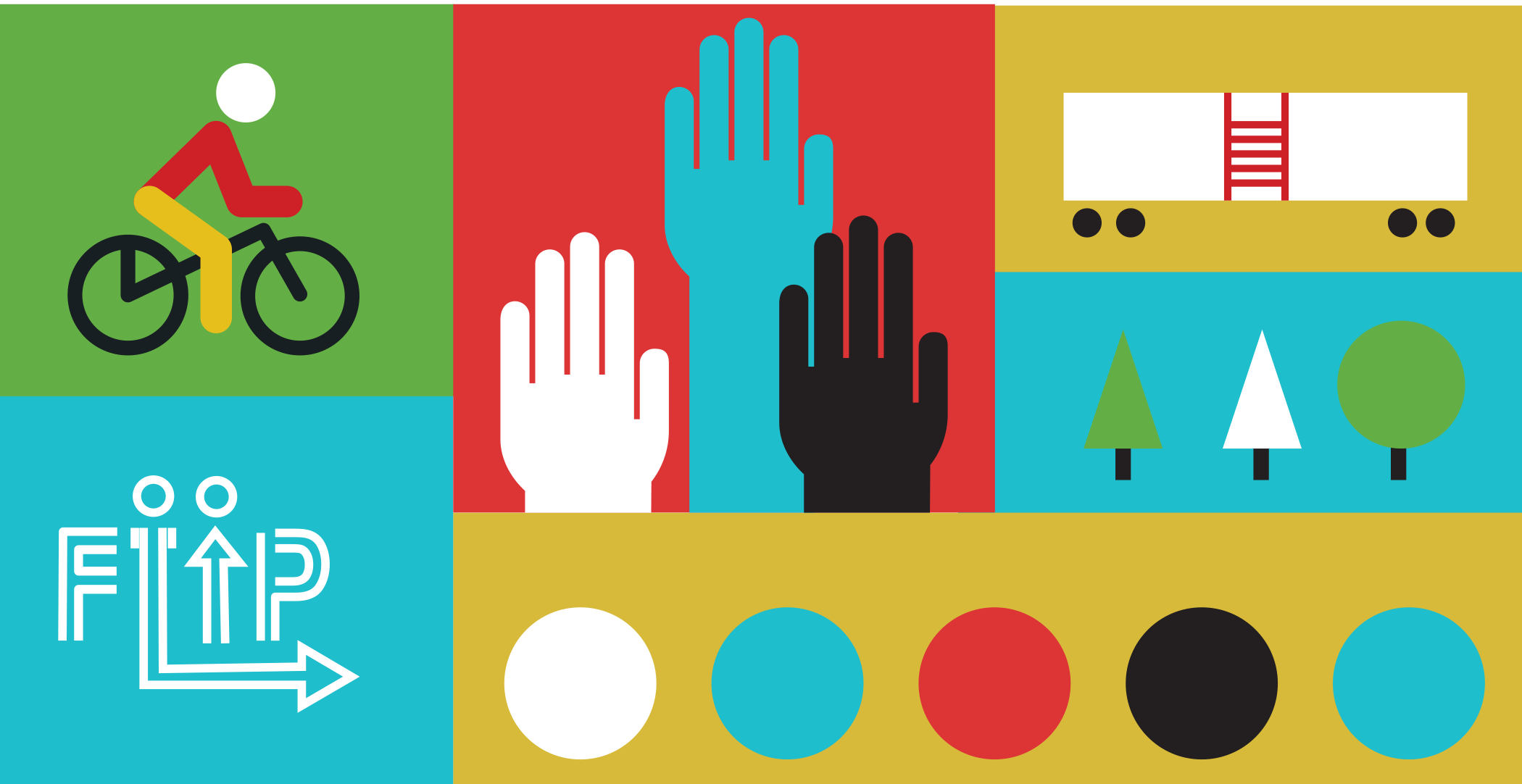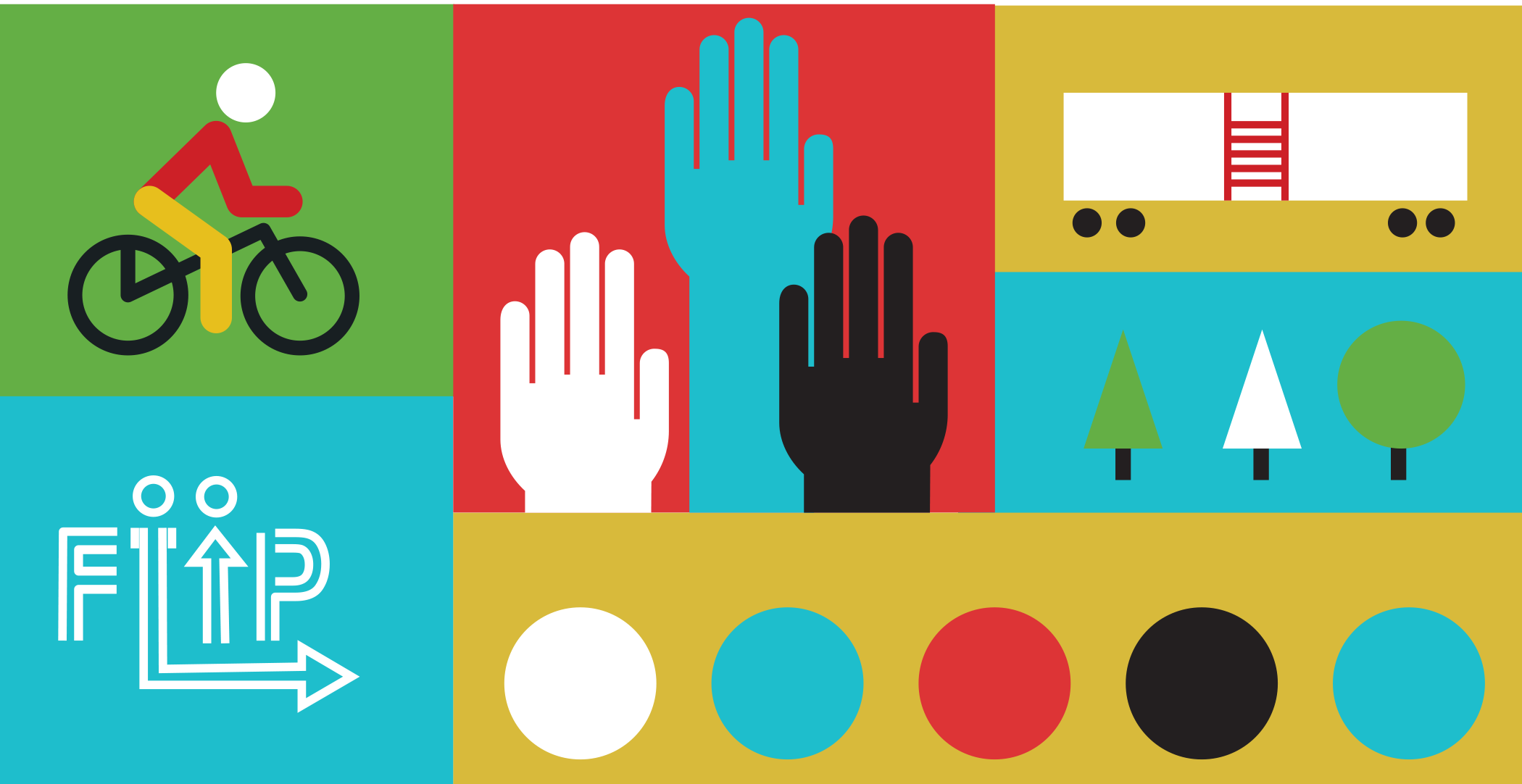 With 140 high school and college students signed up, the Chicago Metropolitan Agency for Planning saw its highest registration for this year’s Future Leaders in Planning (FLIP) Summer Series. In response to the pandemic, engagement associates Courtney Barnes and Michelle Agunloye quickly transitioned the 2020 summer program from an in-person experience to a virtual one for the first time — an approach that allowed for more teens and young adults to participate.
With 140 high school and college students signed up, the Chicago Metropolitan Agency for Planning saw its highest registration for this year’s Future Leaders in Planning (FLIP) Summer Series. In response to the pandemic, engagement associates Courtney Barnes and Michelle Agunloye quickly transitioned the 2020 summer program from an in-person experience to a virtual one for the first time — an approach that allowed for more teens and young adults to participate.
Courtney and Michelle started remaking the program back in March with accessibility as a top priority. They located resources to help students without access to the internet or smartphones fully participate in the educational program. They also researched and invited 15 speakers for sessions, including CMAP staff.
To keep students engaged outside of sessions, Courtney and Michelle organized content around four topics on the FLIP engagement page. During Zoom calls, students learned from professionals across the planning field about urban street festivals, water management, post-COVID planning, and inequities in the urban environment. Key strategies include:
-
Using community celebrations to help neighboring institutions and businesses thrive.
-
Ensuring every resident has access to affordable and safe drinking water.
-
Improving services and options for multimodal travel options in the era of COVID-19.
-
Designing community engagement to empower communities.
Keynote speakers Eric Williams, creator of the Silver Room Block Party, and Tonika Johnson, creator of the Folded Map Project, reinforced how community building can help commnuities thrive. Urban planning can bring people together, and FLIP encouraged students to think about how equity plays a role in achieving that goal. “When you segregate people, it’s easier to discriminate against them,” Johnson said.
After the final session concluded last week, many students said FLIP increased their interest in urban planning. Courtney and Michelle also view the program as a success.
“FLIP has for sure helped me grow so much, not only as a project manager, but also as a person,” Michelle said. “I have to be flexible. If the finished project is something that people care about, something that people learn from, then that’s all that matters.”
